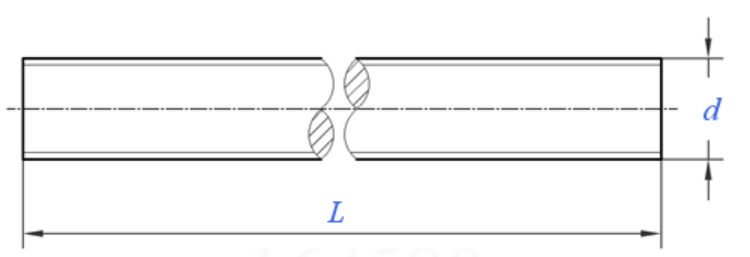chain ring bolts supplier
Dec . 03, 2024 14:49 Back to list
chain ring bolts supplier
The Importance of Quality Chain Ring Bolts Choosing the Right Supplier
When it comes to cycling, every component plays a pivotal role in the bike's performance, and that includes the often-overlooked chain ring bolts. These small yet critical fasteners hold the chainrings in place, ensuring the efficient transfer of power from the pedals to the wheel. Selecting the right supplier for chain ring bolts is crucial not only for cycling enthusiasts but also for bike manufacturers aiming to enhance their products' reliability and safety.
Understanding Chain Ring Bolts
Chain ring bolts are designed to secure the chainrings to the crankset, which is an integral part of a bike’s drivetrain. These bolts come in varied sizes and materials, such as aluminum and stainless steel, depending on the specific needs of the gearbox system and the riding conditions. The performance of a bike can significantly diminish if these bolts are of inferior quality or improperly fitted. Therefore, ensuring that your bicycle is equipped with high-quality chain ring bolts is essential for optimal performance and longevity.
The Role of a Supplier
A good chain ring bolts supplier offers not just a product, but also expertise, reliability, and a commitment to quality
. They understand the demands of the cycling industry and are adept at providing solutions tailored to various biking applications—be it mountain biking, road cycling, or urban commuting. The right supplier will also be aware of the industry standards and comply with them, ensuring that their products meet safety and performance regulations.What to Look for in a Chain Ring Bolt Supplier
1. Quality Assurance The foremost criterion for any supplier is their commitment to quality. Look for suppliers who provide guarantees or certifications for their products. This often includes the use of quality materials and rigorous testing processes to ensure durability and performance.
chain ring bolts supplier

2. Variety of Products Different bicycle applications require different types of chain ring bolts. A supplier that offers a wide range of options can save you time and effort. Depending on your specific needs, whether it's lightweight aluminum for racing or robust stainless steel for everyday commuting, a diverse product line ensures that you will find the right fit.
3. Technical Support and Expertise A good supplier should be able to offer technical insights into their products. This includes guidance on installation, maintenance, and choosing the right type of bolt for your specific requirements. Suppliers with knowledgeable staff can help troubleshoot any issues and provide valuable information on the latest technologies in cycling components.
4. Customer Reviews and Reputation Research the supplier’s reputation in the cycling community. Testimonials and reviews from previous customers can provide insight into the reliability and quality of their products. Active involvement in cycling events or sponsorship of teams can also be indicators of a reputable supplier.
5. Pricing and Availability While quality is paramount, pricing is also an essential factor. It's wise to compare prices among various suppliers but remember that the cheapest option may not always be the best. In addition, ensure that the supplier can deliver products promptly, especially if you need them for repairs or upgrades.
6. Sustainability Practices Increasingly, cycling enthusiasts are seeking suppliers who prioritize sustainability. Look for suppliers who offer environmentally friendly products or practices, as this can reflect their overall commitment to quality and corporate responsibility.
Conclusion
In conclusion, the selection of a reliable chain ring bolts supplier is crucial for any cyclist or bike manufacturer. High-quality chain ring bolts ensure the functionality and safety of the bike, positively affecting the overall riding experience. By focusing on quality assurance, product variety, technical support, reputation, fair pricing, and sustainability practices, you can make an informed choice that meets your needs. Ultimately, as cycling continues to grow in popularity, investing in quality components—and by extension, quality suppliers—remains a key factor in achieving peak performance and riding enjoyment. Whether you're a competitive cyclist or a recreational rider, understanding the importance of these small components can lead to a smoother and more enjoyable cycling experience.
Latest news
-
Premium Phosphated Drywall Screws Supplier & Manufacturer Solutions
NewsJul.26,2025
-
Top Metric Wood Screw Companies – Reliable Manufacturer & Supplier
NewsJul.25,2025
-
Reliable Axle Nuts Supplier - Quality Manufacturing & Export Services
NewsJul.24,2025
-
Top Wire Bolts Suppliers & Exporters - Quality Fasteners Factory
NewsJul.23,2025
-
Reliable Wire Bolts Company & Supplier for Construction Solutions
NewsJul.22,2025
-
Premium Spike Wheel Nuts Supplier | Durable Quality
NewsJul.21,2025
